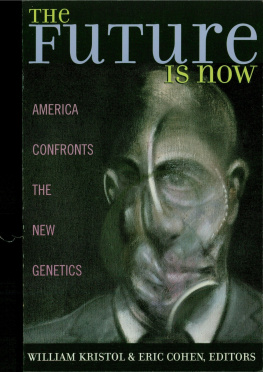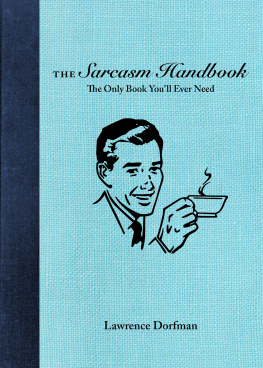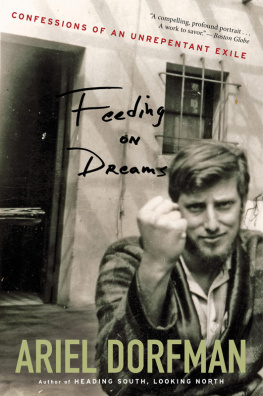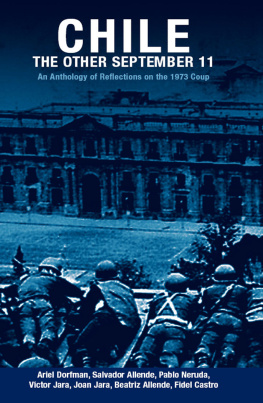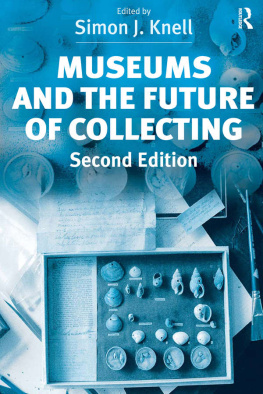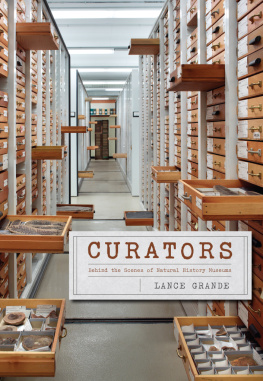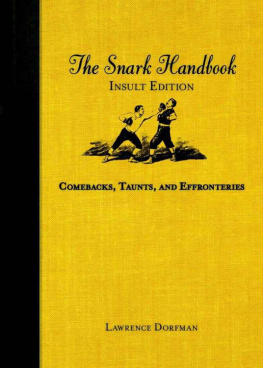
The Future of Natural History Museums
Natural history museums are changing, both because of their own internal development and in response to changes in context. The Future of Natural History Museums considers these changes and the reasons behind them and begins to develop a cohesive discourse that balances the disparate issues that our institutions will face over the next decades.
Historically, the aim of collecting from nature was to develop encyclopaedic assemblages to satisfy human curiosity and build a basis for taxonomic study. Today, with global biodiversity in rapid decline, new reasons emerge to build and maintain collections, which also need to cater to audiences who are more diverse, numerous, and technically savvy. This book explores key elements of this topic and, through commentary and synthesis, develops a cohesive picture of the trajectory of the natural history museum sector in the next 20 to 50 years. Arguing that institutions must learn to embrace new technology, the book considers how they might retain the authenticity of their stories and the value placed on their objects in the process.
This book contributes to the study of collections, teaching and learning, ethics, and running non-profit businesses and will be of interest to museum and heritage professionals, academics and senior students in Biological Sciences and Museum Studies.
Eric Dorfman is Director of Pittsburghs Carnegie Museum of Natural History and President of the International Council of Museums Committee for Museums and Collections of Natural History (ICOM NATHIST). He is Deputy Chair of the ICOM Ethics Committee (ETHCOM) and co-authored ICOM Code of Ethics for Natural History Museums. He is a board member of Visit Pittsburgh, an Adjunct Professor at University of Pittsburgh and on the editorial board of Museum Worlds: Advances in Research. Prior to his current position, he was Director of Whanganui Regional Museum in New Zealand and lectured in the Museums and Heritage Studies Department of Victoria University of Wellington.
ICOM Advances in Museum Research
Series Editor: ICOM
This research series, developed by the International Council of Museums (ICOM), draws on the expertise of ICOMs worldwide network of museum professionals, representing a range of museum- and heritage-related disciplines.
Bridging theory and practice, the series addresses diverse issues of broad interest to the museum field and is of relevance for institutions around the world, featuring contributions by representatives of a range of cultures. Focusing on different types of museums and diverse fields of activity within the museum, the titles in the series will provide useful and thought-provoking insights for todays museum professionals. Its multi-perspective approach ensures its relevancy for academics, researchers and students of museology. The behind-the-scenes glimpses offered into the state of the field will also appeal to the general museum-going public.
Recently published titles:
The Future of Natural History Museums
Eric Dorfman
https://www.routledge.com/museumandheritage/series/ICOMAMR
The Future of Natural History Museums
Edited by
Eric Dorfman
First published 2018
by Routledge
2 Park Square, Milton Park, Abingdon, Oxon OX14 4RN
and by Routledge
711 Third Avenue, New York, NY 10017
Routledge is an imprint of the Taylor & Francis Group, an informa business
2018 selection and editorial matter, Eric Dorfman; individual chapters, the contributors
The right of Eric Dorfman to be identified as the author of the editorial material, and of the authors for their individual chapters, has been asserted in accordance with sections 77 and 78 of the Copyright, Designs and Patents Act 1988.
All rights reserved. No part of this book may be reprinted or reproduced or utilised in any form or by any electronic, mechanical, or other means, now known or hereafter invented, including photocopying and recording, or in any information storage or retrieval system, without permission in writing from the publishers.
Trademark notice: Product or corporate names may be trademarks or registered trademarks, and are used only for identification and explanation without intent to infringe.
British Library Cataloguing-in-Publication Data
A catalogue record for this book is available from the British Library
Library of Congress Cataloguing-in-Publication Data
A catalog record has been requested for this book
ISBN: 978-1-138-69264-0 (hbk)
ISBN: 978-1-138-69263-3 (pbk)
ISBN: 978-1-315-53189-2 (ebk)
Typeset in Sabon
by codeMantra
Contents
KIRK JOHNSON
ERIC DORFMAN
PART 1
Collecting and preserving in a changing world
CHRISTOPHER A. NORRIS
EMLYN KOSTER, ERIC DORFMAN, AND TERRY SIMIOTI NYAMBE
HANNA PENNOCK
FRANK HOWARTH
FELICITY ARENGO, ANA L. PORZECANSKI, MARY E. BLAIR, GEORGE AMATO, CHRISTOPHER FILARDI, AND ELEANOR J. STERLING
PART 2
The future of natural history museum visitor experiences
KARA BLOND
COLETTE DUFRESNE-TASS AND PIERRE PNICAUD
CHRISTOPHER J. GARTHE
PART 3
Interfaces
GERALD DICK
ANNA OMEDES AND ERNESTO PRAMO
LYNDA KNOWLES
ERIC DORFMAN
PART 4
Commentary and synthesis
CONAL McCARTHY
ERIC DORFMAN, ISABEL LANDIM, AND OSAMU KAMEI
Figures
9.5 (a) Muse des Confluences, Lyon, France Gerald Dick;
(b) Asian Village among Giant Trees in 1.7 ha (16,500 m2) big rainforest hall, Gondwanaland, Zoo Leipzig, Germany Zoo Leipzig
Table
George Amato is Director, Sackler Institute for Comparative Genomics, and Affiliated Professor, Richard Gilder Graduate School at the American Museum of Natural History. Dr. Amatos current research interests include genetic threats associated with habitat fragmentation in endangered species, molecular ecology, taxonomic and phylogenetic questions related to determining units of conservation, using molecular markers for assessing priority areas for biodiversity conservation, non-invasive sampling techniques for endangered species, and monitoring the trade in endangered species products using DNA-based forensic science. Dr. Amato has participated in research activities worldwide, including research in China, Cuba, Madagascar, Malaysia, Peru, Saint Vincent and the Grenadines, South Africa, and Tanzania. He has published and lectured extensively on conservation strategies for endangered species and especially on using molecular analyses to determine conservation priorities. Dr. Amato earned his PhD, MS, and MPhil degrees at Yale University, and his BS from the University of Connecticut.





